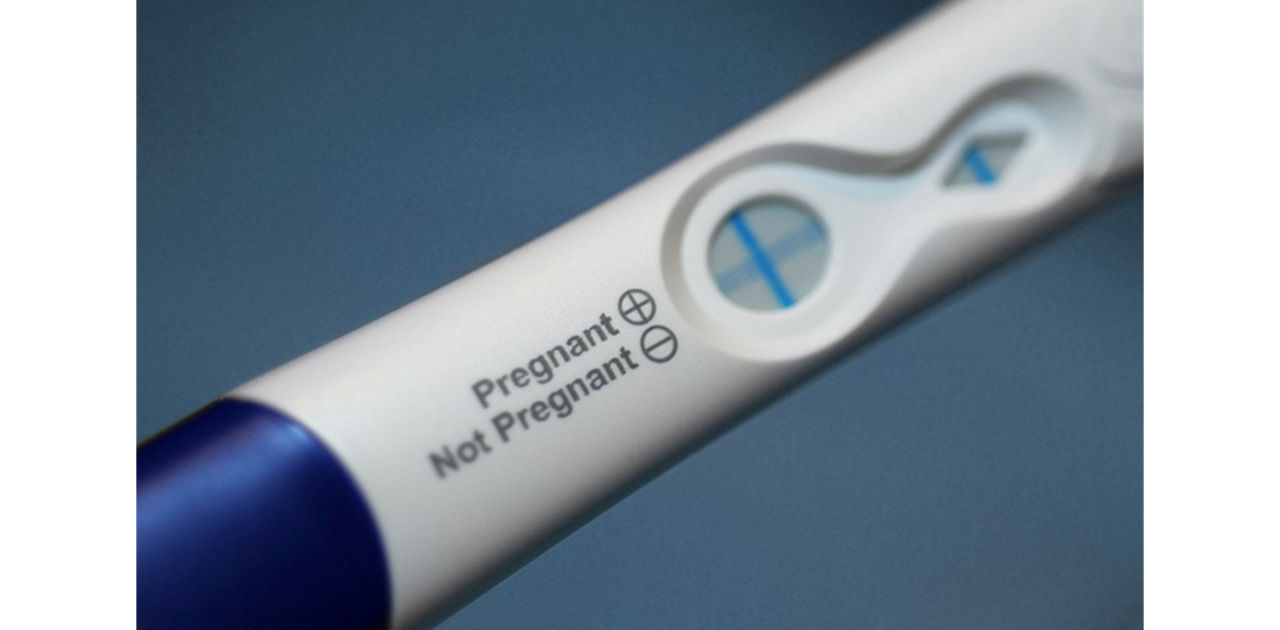The best time to take a pregnancy test really depends on a few different factors
All pregnancy tests measure the amount of human chorionic gonadotrophin (hCG), the pregnancy hormone, in your body. Home pregnancy tests detect the presence of this hormone in your urine.
Some home pregnancy tests are more sensitive than others. The more sensitive tests may be able to detect low levels of hCG as early as four days before your period is due, or seven days after conception.
The sensitivity of a pregnancy test is described on the packaging as mIU/ml (milli-International Unit per millilitre). Pregnancy tests range in sensitivity from 10 to 40 mlU/ml. The lower the number, the more sensitive the test, and the earlier it can detect pregnancy. So have a look at the pack before you buy.
If you test too soon in pregnancy, even with a sensitive test, the amount of hCG in your urine may not be high enough to detect.




